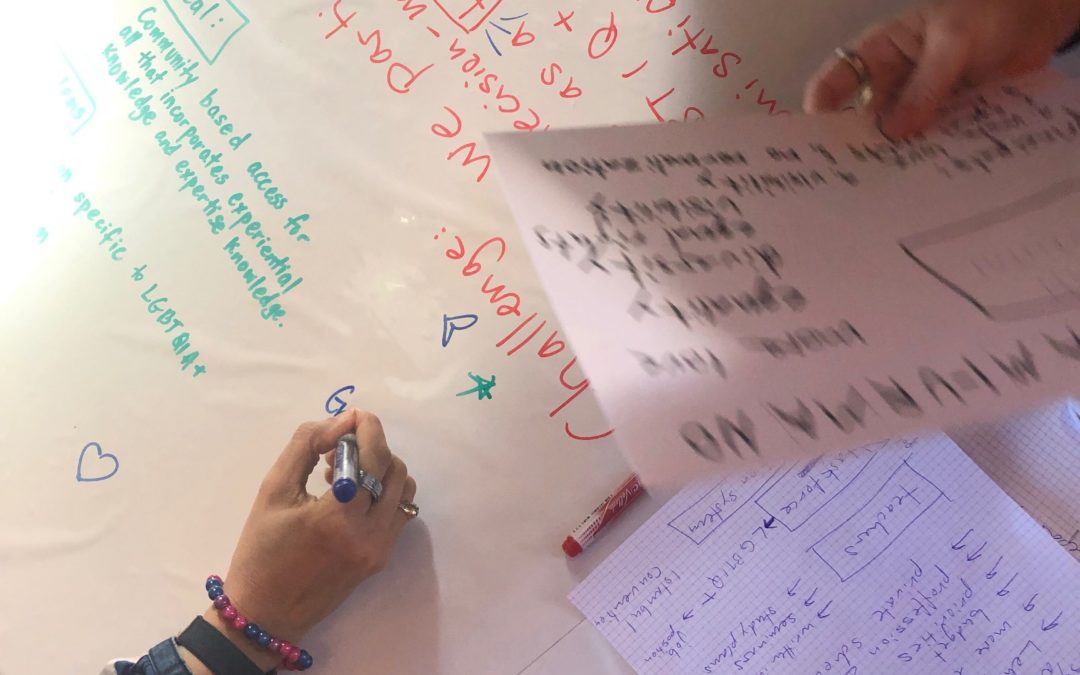
Encouraging Inclusive Swiss Healthcare
LGBTQIA+ realities as lived expertise in the production of health and wellbeing policies Dana Mahr, Patricia A. Solomon, Urs Vanessa Sager, Mirjam Werlen, Noemi Grütter, and Martin Vieweger Acknowledgments: We developed the core ideas for this exploratory blog entry...
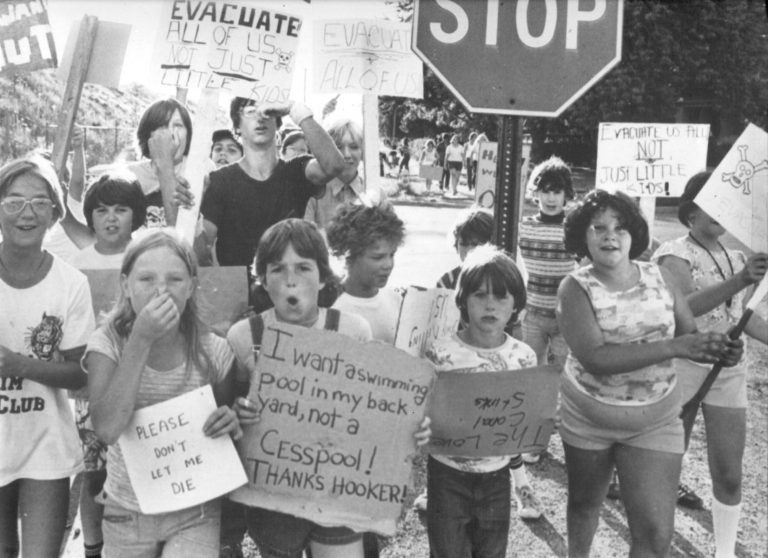
Experiential Knowledge, Public Participation, and the Challenge to the Authority of Science in the 1970s
http://blogs.harvard.edu/billofhealth/2017/05/02/experiential-knowledge-public-participation-and-the-challenge-to-the-authority-of-science-in-the-1970s/
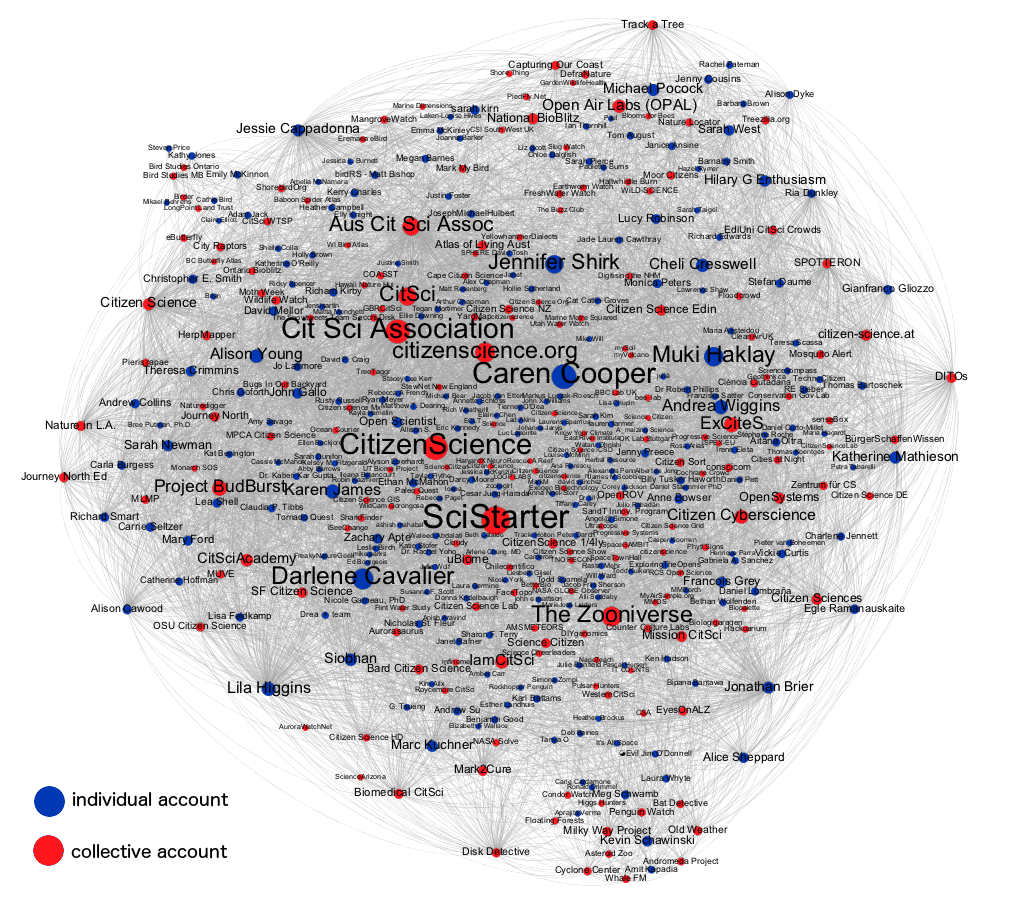
Four things Twitter tells us about “Citizen Science” (and 1,000 things it doesn’t)
Figure 1: Followers/following links within Twitter accounts associated with the terms “citizen science.s” or “citsci” (October 2016). Nodes sized according to their number of “citizen science” followers (followers within the dataset). Scientometric studies of citizen...
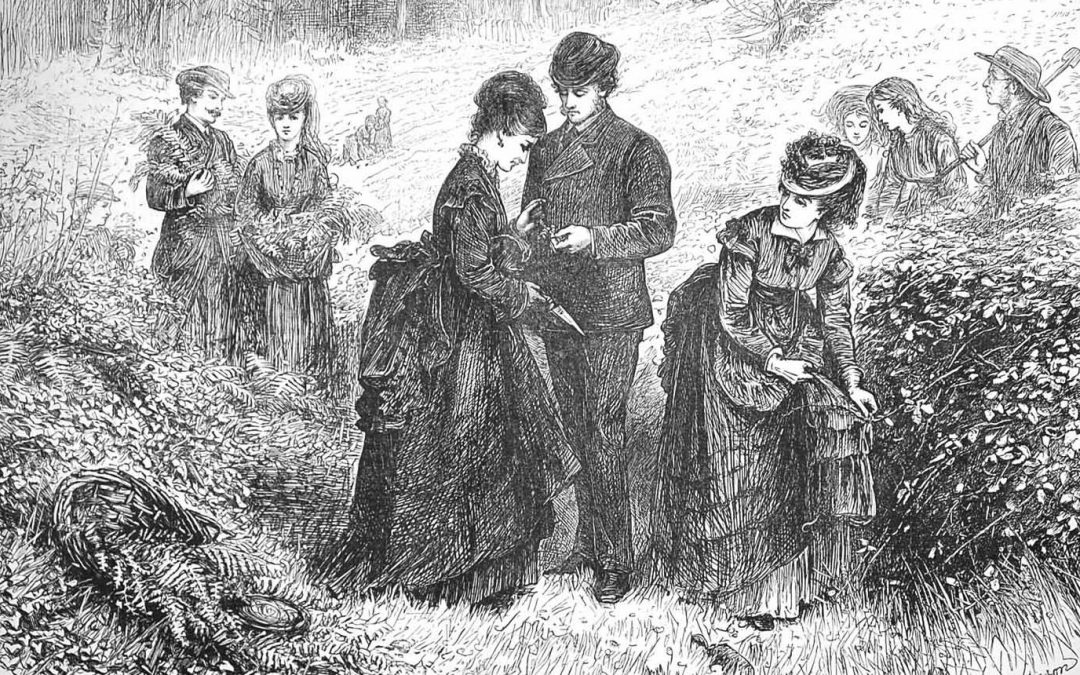
Alienation, disenchantment, and an insufficient concept of the public
Some thoughts about the sociological and historical background of the recent participatory turn in science and society Responsible science, public science and citizen science are iridescent concepts. Media and advocates of these concepts link them with positive ideals...
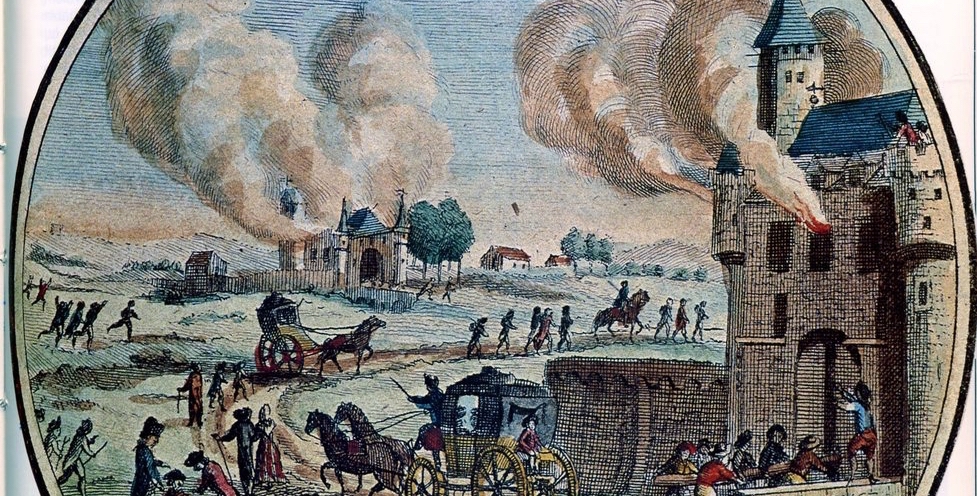
Towards a Genealogy of the Crowd in Crowdsourcing (3/ Crowds and the Great Fear of 1789)
In 1934, the historian of the French Revolution Georges Lefebvre gave a talk on “Revolutionary Crowds” (“Les foules révolutionnaires”). Looking back on the book he had published two years before, The Great Fear of 1789 – a book which had required more than fifteen...

Towards a Genealogy of the Crowd in Crowdsourcing (2/ Le Bon’s Crowd & The Birth of Sociology)
Reading the many commentaries about Gustave Le Bon and his 1895 The Crowd. The Study of the Popular Mind can easily get quite repetitive. Most authors seem to agree in condemning Le Bon and his most famous book: Le Bon was a reactionary; he lamented over the demise of...

Towards a Genealogy of the Crowd in Crowdsourcing (1/Introduction)
Surfing through the wealth of websites offering opportunities to contribute to scientific research (the so-called “citizen science”), whether by lending computer processor time for distributed computing projects or by requesting an actual human contribution, such as...
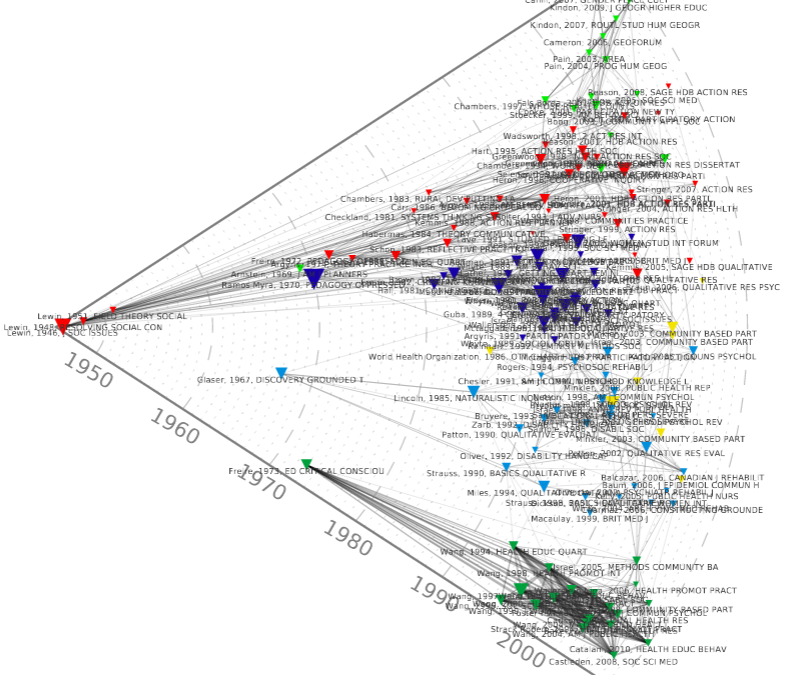
Mapping the literature
We used this visualization to explore a topic we knew little about: Participatory Action Research (PAR). Reviewing the literature is an essential part of a researcher’s life. How do you identify the core works and authors, the different sub-fields, and the hot topics?...
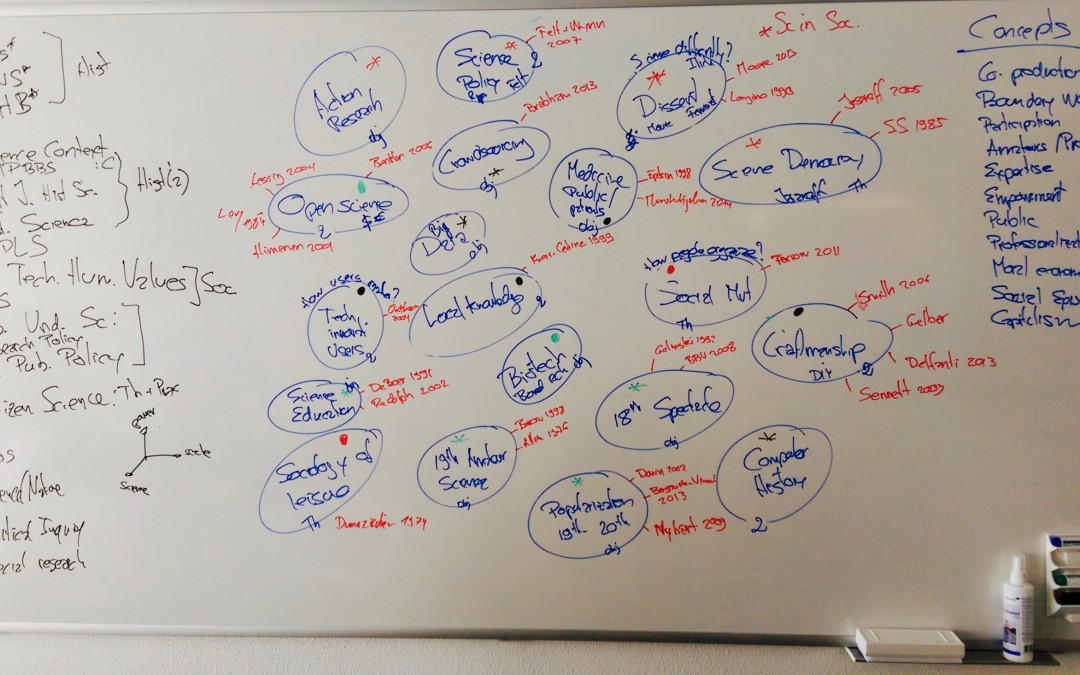
Mapping out historical perspectives on public participation and science
How can historians and social scientists make sense of a phenomenon that is mostly described having no past and as just emerging? Shouldn’t the Citizen Sciences, DIYbio and the Maker-Scene be simply left those doing and living it – to all the geeks, nerds, and...

Recent Comments